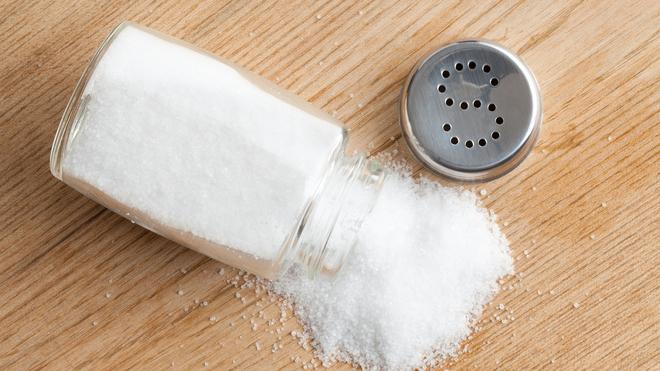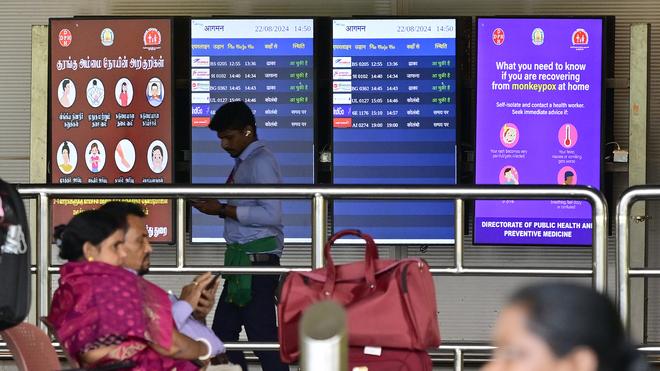Following WHO guidelines for sodium content in packaged food could prevent 3 lakh deaths in India in 10 years: study Premium
A modelling study by independent medical research institute, The George Institute for Global Health has revealed that following the World Health Organization’s (WHO) guidelines for sodium content in packaged foods in India, could prevent 3,00,000 deaths and 2.4 million cases of heart disease, strokes and kidney disease in the first 10 years.
The study analysed data from multiple sources including surveys on what people eat, information about food ingredients, sales data and the sodium content listed on packaged food, and then used a detailed model to estimate health benefits to adults if the sodium levels in the packaged foods matched WHO’s recommended limits. Data on blood pressure, cardiovascular disease, and chronic kidney disease burden were obtained from the Global Burden of Diseases, Injuries, and Risk Factors study, and the effect of sodium reduction on blood pressure and disease risk was modelled on the basis of meta-analyses of randomised trials and cohort studies.
High sodium intake is a leading causep of death and illness worldwide. Almost all populations consume too much sodium, the WHO states: the global mean intake of adults is 4,310 mg/day sodium (equivalent to 10.78 g/day salt), which is more than double the recommendation for adults of less than 2,000 mg/day sodium (equivalent to < 5 g/day salt).
The primary health effect associated with diets high in sodium is raised blood pressure, increasing the risk of cardiovascular diseases, gastric cancer, obesity, osteoporosis, Meniere’s disease, and kidney disease. An estimated 1.89 million deaths each year are associated with consuming too much sodium, as per the WHO.
The study’s findings showed that following the WHO’s sodium guidelines could prevent around 3,00,000 deaths from cardiovascular disease (CVD) and chronic kidney disease (CKD) already in the first 10 years. Additionally, about 1.7 million new CVD cases and 7,00,000 new CKD cases could be prevented compared to current practices. Reducing sodium in packaged foods could save nearly USD 800 million and 2.4 million cases of heart disease, strokes, and kidney disease. Over a lifetime, it could save USD 2.5 billion.
While India’s consumption of processed and packaged food is still not as high as that of some high-income countries, it is increasing. “It now begins at school-age, with the diet of children. In households where both parents work for instance, and there is no time to cook, readymade, packaged food is an easier solution. Consumption of these foods is on the rise, and they are everywhere -- even when you travel, the food offered on a flight, or even at a railway station, is increasingly packaged food,” pointed out Rajan Ravichandran, chairman, Sapiens Health Foundation, Chennai.
Dr. Ravichandran added that crucially, reducing one’s sodium intake, was the easiest, most cost-effective to prevent non-communicable diseases. “It does not require any money -- it is only a matter of habit. Once you get used to less salt in your food, anything with more salt in it will be unappealing,” he said.
The labelling on packaged foods is another issue: while the nutrition information on the back of a package may tell you how much sodium there is, this does not explain whether it is high is low. Also, pointed out Arun Gupta, convener, Nutrition Advocacy for Public Interest, many may not realise there is sodium in the packaged food they eat -- for instance, he said, an analysis of popular packaged biscuits in India found that they were all high in fat, sugar as well as sodium. “There needs to be strong communication from the government on this. Saying ‘eat a little less’ is not enough. Eat less packaged food, eat less sodium should be the message and there should be comprehensive campaigns across all States in all languages for this,” he said.
Even if packaged food consumption does not increase in the future, enforcing these guidelines is still likely to be an effective strategy for saving lives and reducing healthcare costs in the long term, the study found.
Published - November 01, 2024 04:35 pm IST






)
)
)
)
)
)
)
)
)

)
)
)
)
)
)
)
)
)